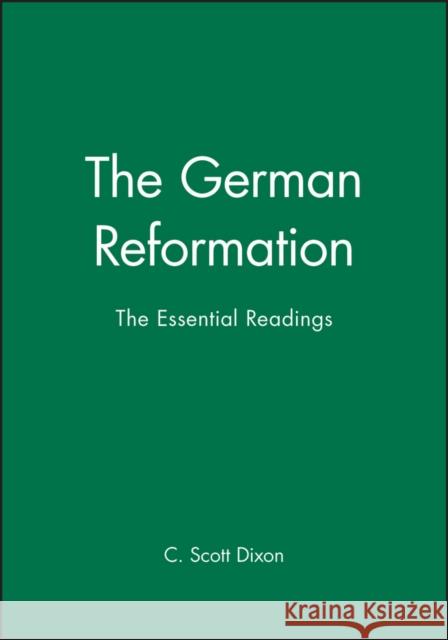The German Reformation: The Essential Readings » książka
topmenu
The German Reformation: The Essential Readings
ISBN-13: 9780631208105 / Angielski / Twarda / 1999 / 304 str.
The German Reformation: The Essential Readings
ISBN-13: 9780631208105 / Angielski / Twarda / 1999 / 304 str.
cena 686,36
(netto: 653,68 VAT: 5%)
Najniższa cena z 30 dni: 682,14
(netto: 653,68 VAT: 5%)
Najniższa cena z 30 dni: 682,14
Termin realizacji zamówienia:
ok. 30 dni roboczych.
ok. 30 dni roboczych.
Darmowa dostawa!
This book provides key essays on the most recent interpretations of the German Reformation movement.











